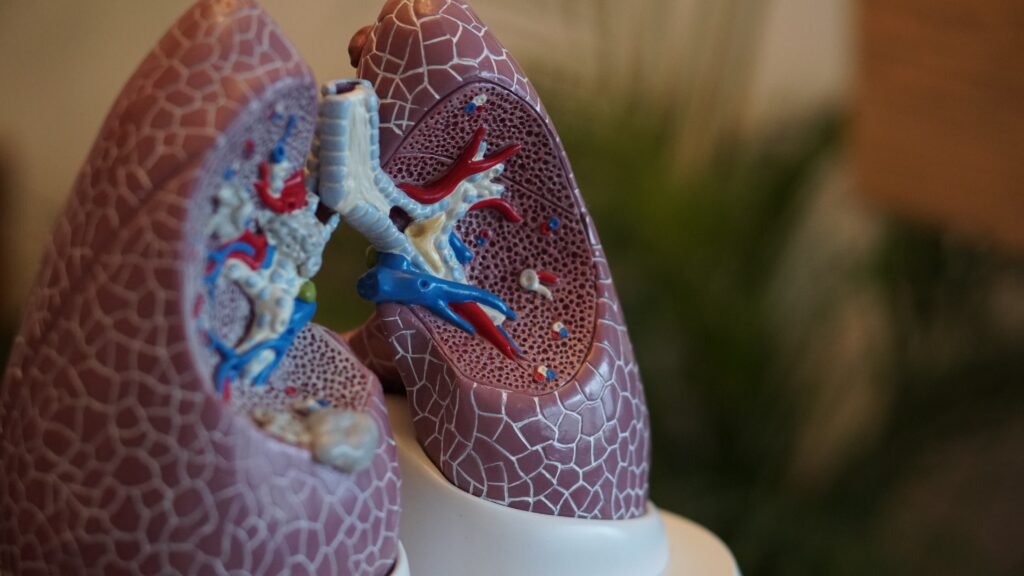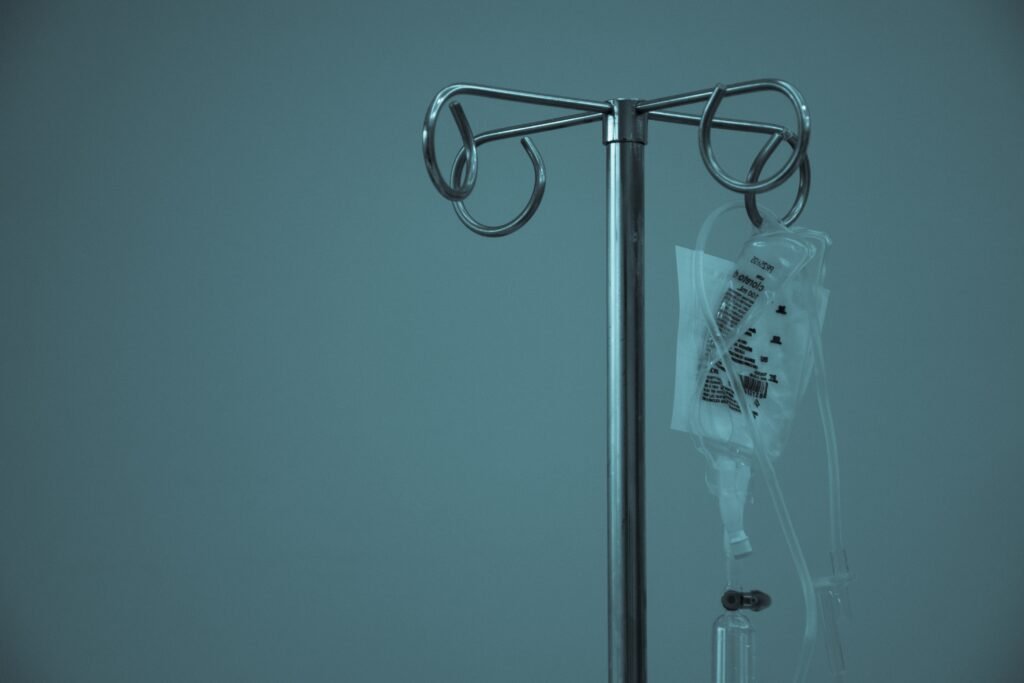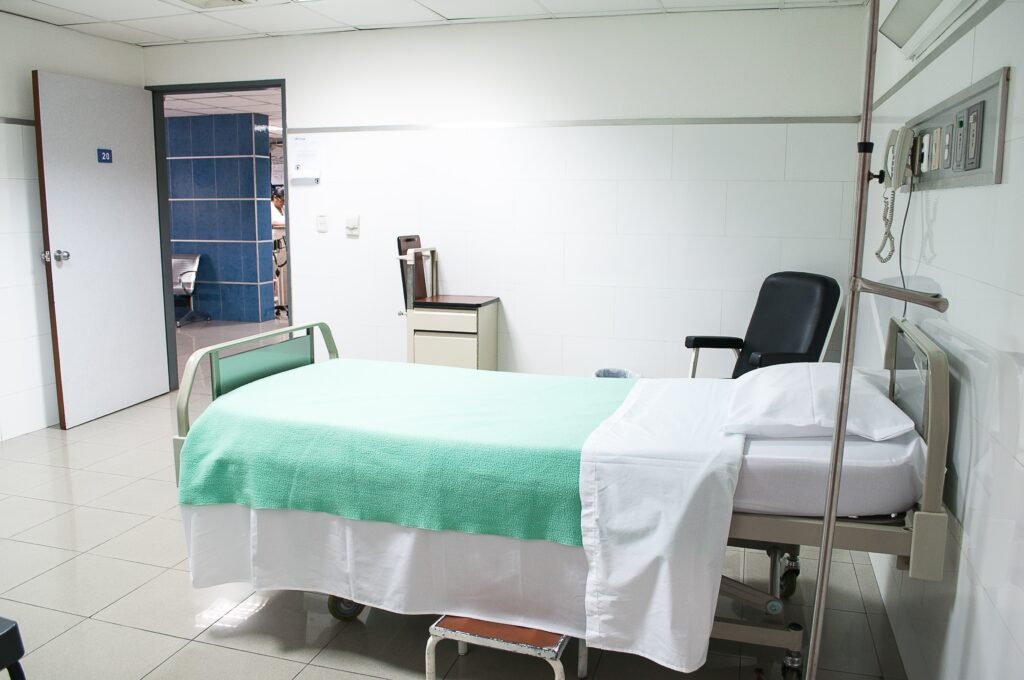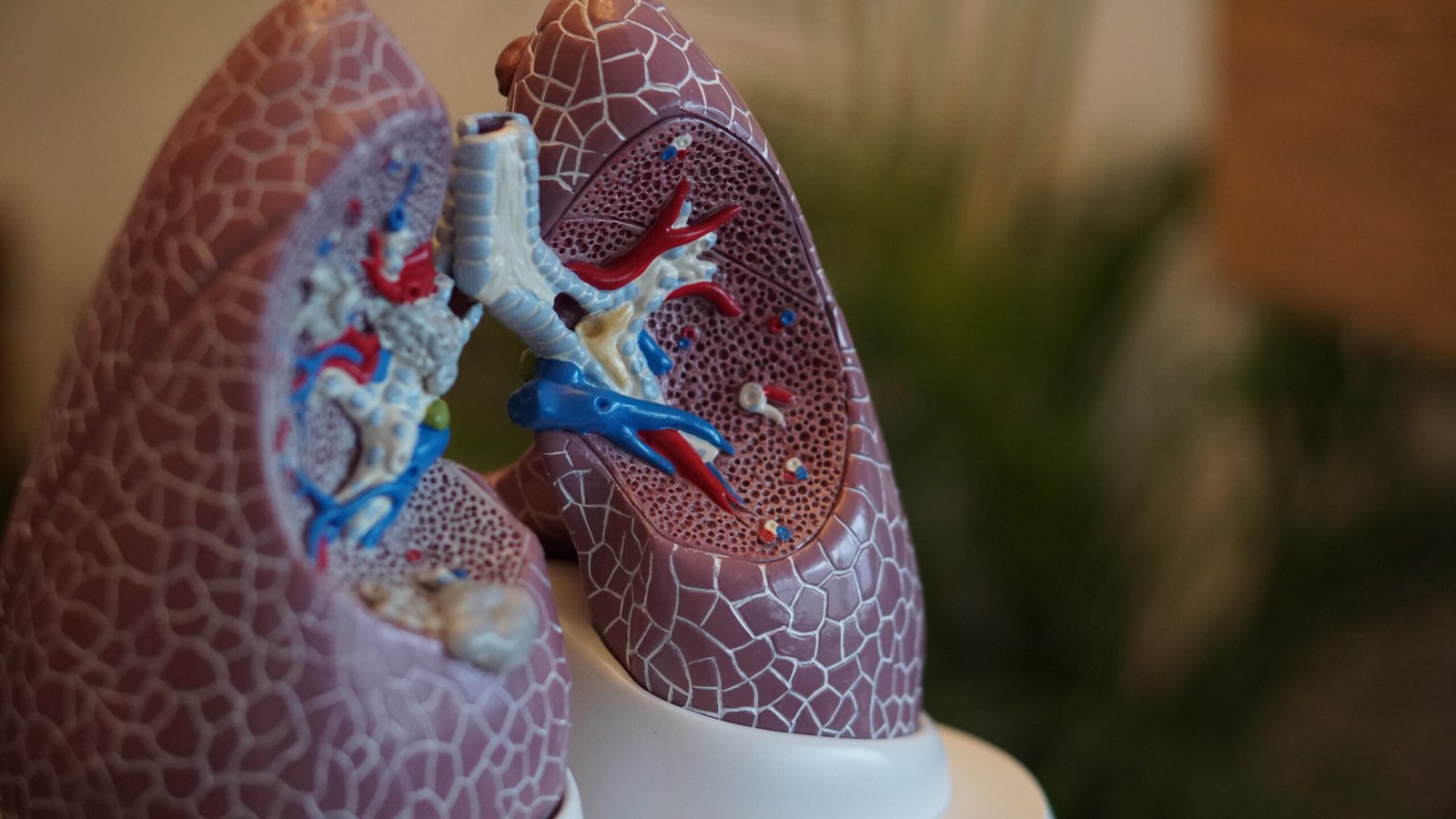In the fast-paced and ever-evolving world we live in, ensuring safety and well-being has become an utmost priority. But have you ever wondered what exactly requires frequent safety and health inspections? From construction sites to food establishments, a wide range of places and practices need to be regularly scrutinized to maintain high standards of safety. In this article, we will explore the diverse realms that necessitate frequent safety and health inspections, providing you with valuable insights for a safer tomorrow.

Read More Information at Health Joy
Workplaces
Construction sites
Construction sites are dynamic and potentially hazardous environments that require frequent safety and health inspections to ensure the well-being of workers. These inspections are necessary to identify and mitigate risks associated with heavy machinery, high elevations, and dangerous materials such as construction chemicals and asbestos. By conducting regular inspections, construction site managers can address safety concerns promptly, implement necessary safety measures, and maintain a safe working environment for all individuals involved.
Manufacturing plants
Manufacturing plants encompass a wide range of industries, including automotive, food processing, and pharmaceuticals. These facilities require frequent safety and health inspections to guarantee the proper functioning of machinery, storage areas, and production lines. Potential hazards in manufacturing plants may include exposure to chemicals, moving parts, high noise levels, and heavy machinery. By conducting regular inspections, plant managers can identify and rectify any safety concerns, leading to a safer work environment for employees.
Warehouses
Warehouses play a crucial role in the storage and distribution of goods. Due to the nature of their operations, warehouses must undergo frequent safety and health inspections to ensure the well-being of workers and the integrity of stored items. Inspections in warehouses focus on fire safety measures, proper storage and handling of hazardous materials, adequate lighting, ventilation, and the condition of equipment such as forklifts and pallet jacks. By consistently inspecting warehouses, employers can maintain a safe and efficient workplace.
Office buildings
While office buildings may not seem as high-risk as construction sites or manufacturing plants, they still require regular safety and health inspections to maintain a safe working environment. Inspections in office buildings typically focus on fire safety, emergency exit routes, ergonomics, electrical systems, and air quality. These inspections help employers identify and address any potential hazards or deficiencies that could compromise the health and well-being of office workers.
Food establishments
Restaurants
Restaurants are subject to frequent safety and health inspections due to the potential hazards associated with food handling and preparation. Inspections in restaurants focus on proper food storage, temperature control, cleanliness and sanitation practices, and employee hygiene. These inspections help ensure that restaurants meet food safety standards, reducing the risk of foodborne illnesses and maintaining a safe dining experience for customers.
Cafeterias
Cafeterias, whether in schools, office buildings, or hospitals, also require regular safety and health inspections. These inspections focus on food handling, storage, preparation, and cleanliness. Additionally, inspections may assess the cafeteria’s compliance with regulations regarding allergen control, labeling, and proper disposal of waste. By conducting frequent inspections, cafeteria operators can maintain a safe and hygienic environment for both employees and customers.
Bakeries
Bakeries must undergo frequent safety and health inspections to ensure the quality and safety of baked goods. Inspections in bakeries assess hygiene practices, proper storage of ingredients, food handling techniques, and equipment maintenance. Additionally, inspections may focus on allergen control, pest control measures, and fire safety. By conducting regular inspections, bakery owners can uphold high standards of food safety, protecting both their customers and their reputation.
Food processing facilities
Food processing facilities, such as those involved in meatpacking, dairy production, or canning, also require regular safety and health inspections. These inspections verify compliance with hygiene standards, equipment maintenance, proper ventilation, and temperature control during processing and storage. Additionally, inspections assess the handling and disposal of harmful chemicals and potential cross-contamination risks. By conducting frequent inspections, food processing facilities can ensure the safety and quality of their products.

Read More Information at Health Joy
Medical facilities
Hospitals
Hospitals require rigorous safety and health inspections to ensure the well-being of patients, staff, and visitors. Inspections in hospitals cover a wide range of areas, including infection control practices, proper disposal of medical waste, medication management, emergency response readiness, and maintenance of medical equipment. These inspections play a critical role in preventing the spread of infections, ensuring patient safety, and maintaining a high standard of healthcare.
Clinics
Similar to hospitals, clinics must undergo regular safety and health inspections. These inspections focus on various aspects, such as proper medical waste disposal, cleanliness and sanitation, infection control practices, and availability of emergency response procedures. By conducting frequent inspections, clinic operators can address any safety concerns promptly, ensuring a safe and hygienic environment for patients and staff.
Nursing homes
Safety and health inspections in nursing homes are essential to protect the vulnerable elderly population residing in these facilities. Inspections focus on maintaining a safe living environment, proper medication management, infection control, staffing levels, and equipment maintenance. These inspections help ensure that nursing homes meet regulations and provide a high standard of care to their residents.
Dental offices
Dental offices require regular safety and health inspections to guarantee the well-being of patients and dental staff. Inspections in dental offices assess infection control practices, sterilization techniques, proper disposal of medical waste, and equipment maintenance. Dental offices must adhere to strict regulations to prevent the spread of infectious diseases and maintain a safe environment for patients receiving dental treatments.
Educational institutions
Schools
Schools are responsible for the safety and well-being of students, faculty, and staff. Regular safety and health inspections in schools cover a wide range of areas, including building safety, fire prevention measures, emergency response readiness, and proper handling of hazardous materials. Inspections also focus on playground safety, food handling practices in cafeterias, and compliance with health and hygiene standards. By conducting frequent inspections, schools can ensure a safe learning environment for all individuals on their premises.
Universities
Similar to schools, universities must undergo regular safety and health inspections to provide a safe and healthy environment for students, faculty, and staff. Inspections may cover a wide range of areas, including laboratory safety, building codes compliance, emergency response plans, and proper handling and disposal of hazardous materials. By conducting thorough inspections, universities can identify potential risks and implement corrective measures to maintain a secure academic setting.
Daycare centers
Daycare centers require regular safety and health inspections to ensure the well-being of young children under their care. Inspections focus on various areas, such as childproofing, cleanliness, sanitation practices, staff training, emergency response plans, and proper supervision. Additionally, inspections may assess nutrition standards, safe outdoor play areas, and compliance with licensing requirements. By conducting frequent inspections, daycare centers can maintain a safe and nurturing environment for children.

Recreational facilities
Gyms and fitness centers
Gyms and fitness centers require regular safety and health inspections to provide a safe exercise environment for their members. Inspections in these facilities focus on ensuring the proper maintenance and functioning of exercise equipment, cleanliness and sanitation practices, emergency response readiness, and injury prevention measures. By conducting frequent inspections, gym owners can mitigate potential risks, prevent accidents, and maintain the health and well-being of their patrons.
Swimming pools
Swimming pools pose potential risks, especially if safety measures are not in place. Regular safety and health inspections of swimming pools ensure compliance with regulations regarding water quality, anti-entrapment systems, lifesaving equipment availability, and proper signage. These inspections help prevent waterborne illnesses and ensure the safety of swimmers. By conducting frequent inspections, pool operators can provide a secure swimming experience for their guests.
Amusement parks
Amusement parks require stringent safety and health inspections to ensure the well-being of visitors enjoying various rides and attractions. Inspections cover a wide range of areas, including ride maintenance, emergency response readiness, queue management, cleanliness and hygiene, and compliance with safety regulations. Additionally, inspections may assess food handling practices, water quality in water-based attractions, and overall park security. By conducting thorough inspections, amusement park operators can provide a memorable and safe experience for visitors.
Transportation services
Airports
Airports serve as critical transportation hubs, necessitating frequent safety and health inspections to ensure passenger safety. Inspections in airports cover areas such as terminal cleanliness, fire safety measures, emergency response readiness, maintenance of runways and taxiways, and compliance with security protocols. Additionally, inspections may assess the handling and storage of hazardous materials, baggage handling systems, and the availability of accessible facilities. By conducting regular inspections, airports can maintain a secure and efficient travel experience for passengers.
Train stations
Train stations require regular safety and health inspections to ensure the safety of passengers and staff. Inspections may include assessing platform safety measures, emergency response readiness, cleanliness and sanitation practices, and compliance with accessibility standards. Additionally, inspections may focus on escalator and elevator maintenance, ticketing systems, and security measures. By conducting frequent inspections, train stations can provide a secure environment for commuters and visitors.
Public transportation vehicles
Public transportation vehicles, such as buses and trains, also require regular safety and health inspections. Inspections cover areas such as vehicle maintenance, adherence to safety regulations, cleanliness, and the availability of security measures. Inspections play a crucial role in ensuring the safe transportation of passengers, reducing the risk of accidents or mechanical failures. By conducting frequent inspections, public transportation operators can maintain a reliable and secure service for commuters.
Manufacturing and processing equipment
Boilers
Boilers are critical components in various industries, providing heat or energy for manufacturing processes. Regular safety and health inspections of boilers ensure compliance with regulations, assess maintenance practices, and verify the integrity of pressure vessels. Inspections focus on preventing potential hazards such as leaks, explosions, and carbon monoxide emissions. By conducting frequent inspections, employers can identify and rectify any issues promptly, ensuring the safe operation of boilers.
Pressure vessels
Pressure vessels are used in numerous industries to store and transport compressed gases or liquids. Regular safety and health inspections of pressure vessels are crucial to prevent potential leaks, ruptures, or explosions. Inspections assess the structural integrity of pressure vessels, adherence to safety codes and regulations, maintenance practices, and proper labeling and documentation. By conducting thorough inspections, employers can ensure the safe use of pressure vessels in their operations.
Chemical storage tanks
Chemical storage tanks pose potential risks if not properly maintained and inspected. Regular safety and health inspections of chemical storage tanks ensure compliance with regulations and assess the tanks’ structural integrity, signage, and proper labeling of hazardous materials. Inspections also cover spill containment measures, ventilation systems, emergency response plans, and employee training. By conducting frequent inspections, employers can mitigate the risks associated with storing and handling hazardous substances.
Production lines
Production lines in manufacturing facilities require regular safety and health inspections to maintain an efficient and safe workflow. Inspections focus on equipment maintenance, guarding measures, proper labeling and signage, and ergonomics to prevent worker injuries and accidents. Additionally, inspections may assess the handling and disposal of waste materials, ventilation systems, and compliance with electrical safety standards. By conducting frequent inspections, manufacturers can ensure a safe and productive working environment.
Electrical systems
Wiring and electrical panels
Wiring and electrical panels in various workplaces must undergo regular safety and health inspections. These inspections focus on the proper installation of wiring, adequate insulation, grounding, and adherence to electrical codes and regulations. Inspections also assess the condition of electrical panels, circuit breakers, and the availability of appropriate signage and emergency shut-off switches. By conducting frequent inspections, employers can prevent electrical hazards and maintain a safe electrical system.
Power distribution systems
Power distribution systems, such as transformers, switchgear, and substations, are critical components in many workplaces. Regular safety and health inspections of power distribution systems ensure compliance with regulations, assess equipment maintenance, and verify electrical grounding and insulation. Inspections also cover proper signage, accessibility of emergency shut-off switches, and employee training regarding electrical safety. By conducting frequent inspections, employers can prevent electrical accidents and ensure a reliable power supply.
Electrical appliances
Electrical appliances used in workplaces, ranging from computers to kitchen equipment, must undergo regular safety and health inspections. These inspections focus on electrical functionality, grounding, adherence to safety standards, and the availability of appropriate warning labels. Inspections also assess the condition of power cords, plugs, and sockets to prevent electrical hazards such as shocks or fire. By conducting frequent inspections, employers can identify and rectify any electrical issues, ensuring the safe use of appliances.
Lifting and material handling equipment
Cranes
Cranes are extensively used in construction sites, manufacturing plants, and warehouses, requiring regular safety and health inspections. Inspections focus on crane structural integrity, proper maintenance, load capacity, and adherence to operational guidelines. Additionally, inspections may assess the condition of lifting equipment accessories, such as hooks and slings, and the availability of appropriate signage and operator training. By conducting frequent inspections, employers can prevent accidents and maintain a safe lifting environment.
Forklifts
Forklifts are commonly used in warehouses, manufacturing facilities, and construction sites, necessitating regular safety and health inspections. Inspections cover various aspects, including forklift maintenance, operator training and certification, load capacity compliance, and proper use of safety features. Additionally, inspections may assess the condition of safety guards, brakes, and warning devices, such as horns and lights. By conducting thorough inspections, employers can prevent forklift accidents and maintain a safe working environment.
Conveyor systems
Conveyor systems play a vital role in industries such as manufacturing, warehousing, and food processing. Regular safety and health inspections of conveyor systems ensure compliance with safety regulations, assess equipment maintenance, and verify proper guarding measures. Inspections also cover emergency shutdown mechanisms, accessibility of emergency stops, and the condition of belts and rollers. By conducting frequent inspections, employers can prevent injuries and maintain the safe operation of conveyor systems.
Scaffolding
Scaffolding is commonly used in construction sites and requires regular safety and health inspections to ensure worker safety. Inspections focus on the structural integrity of scaffolds, proper assembly, and adherence to safety codes and regulations. Additionally, inspections assess the use of safety harnesses, guardrails, and accessibility of scaffold platforms. By conducting thorough inspections, employers can provide a safe working environment for employees working at elevated heights.
Chemical and hazardous substances
Chemical storage areas
Chemical storage areas in workplaces must undergo regular safety and health inspections to prevent potential risks associated with hazardous substances. Inspections focus on proper labeling, adequate ventilation, spill containment measures, and compliance with storage and disposal regulations. Additionally, inspections may assess the availability and proper use of personal protective equipment (PPE) and employee training regarding chemical handling. By conducting frequent inspections, employers can ensure the safe storage and handling of chemicals.
Laboratories
Laboratories, whether in medical facilities, educational institutions, or research facilities, require regular safety and health inspections. Inspections in laboratories cover various areas, including hazard communication, proper storage and labeling of chemicals, availability of fume hoods, and adherence to safety protocols. Inspections also assess emergency shower and eyewash stations, fire safety measures, and the condition of laboratory equipment. By conducting thorough inspections, employers can maintain a safe laboratory environment for workers and prevent accidents or chemical exposures.
Chemical waste disposal systems
Chemical waste disposal systems in workplaces require regular safety and health inspections to ensure proper handling and disposal of hazardous materials. Inspections focus on the availability of designated waste storage areas, appropriate labeling and signage, and compliance with disposal regulations. Additionally, inspections may assess the use of personal protective equipment (PPE), employee training on waste management, and the prevention of cross-contamination. By conducting frequent inspections, employers can mitigate the risks associated with chemical waste handling and disposal.
In conclusion, a wide range of workplaces, from construction sites to medical facilities, require regular safety and health inspections. These inspections play a crucial role in identifying potential hazards, addressing safety concerns, and maintaining a safe working environment for employees and customers alike. By prioritizing these inspections, employers can ensure compliance with regulations, prevent accidents or incidents, and protect the well-being of everyone involved. Remember, safety is a collective responsibility, and frequent inspections are an essential aspect of maintaining a culture of safety within any workplace.








